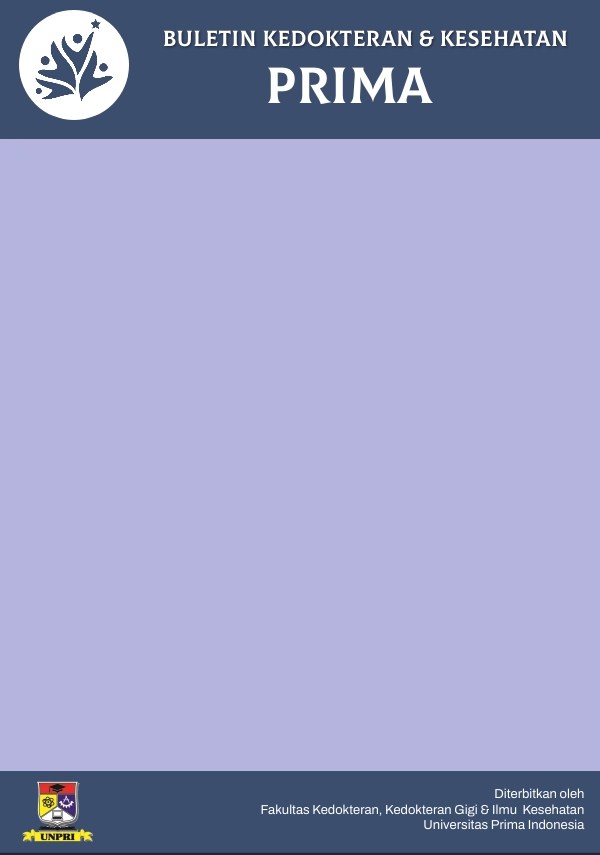Abstract
Indonesia's high population growth rate is a big problem and needs serious handling from all parties of society and government The family planning movement is carried out to build a prosperous family in order to create optimal human resources. The family planning program is one of the most effective ways to improve family resilience, health, and safety of mothers, children, and women. Descriptive quantitative research, where this study aims to determine the factors that influence family planning acceptors on the use of IUD contraceptives in the Medan Amplas working area in 2024 using a cross-sectional design where the independent variable and the dependent variable are identified at the same time. The results of this study are There is an influence of education (P<0.05), mileage (P<0.05), knowledge (P<0.05), attitude (P,0.05), attitude (P<0.05), husband support (P<0.05), health worker support (P<0.05), The most dominant factor affecting the use of IUD contraceptives is the variable Husband support Exp (B) = 2.50 means that if there is husband's support for the use of IUD contraceptives then there are 2.5 times the mother wants to participate as an acceptor of IUD contraceptives. It is expected to Improve the Awareness Campaign Program by holding campaigns that target husbands and other family members, explaining the importance of their support in the use of contraceptives.

This work is licensed under a Creative Commons Attribution-NonCommercial 4.0 International License.
Copyright (c) 2025 Armelia Adel Abdullah, Lenni Apriani Kaban, Desi Novianti, Andri Hidayat, Nicholas Xavier Ongko, Naufal Rosar, Hans Hotma Haposan Marpaung, Lisdawaty Siregar, Ferra Sherliana, Budi Septhian Lizar, Celvin Angkasa
